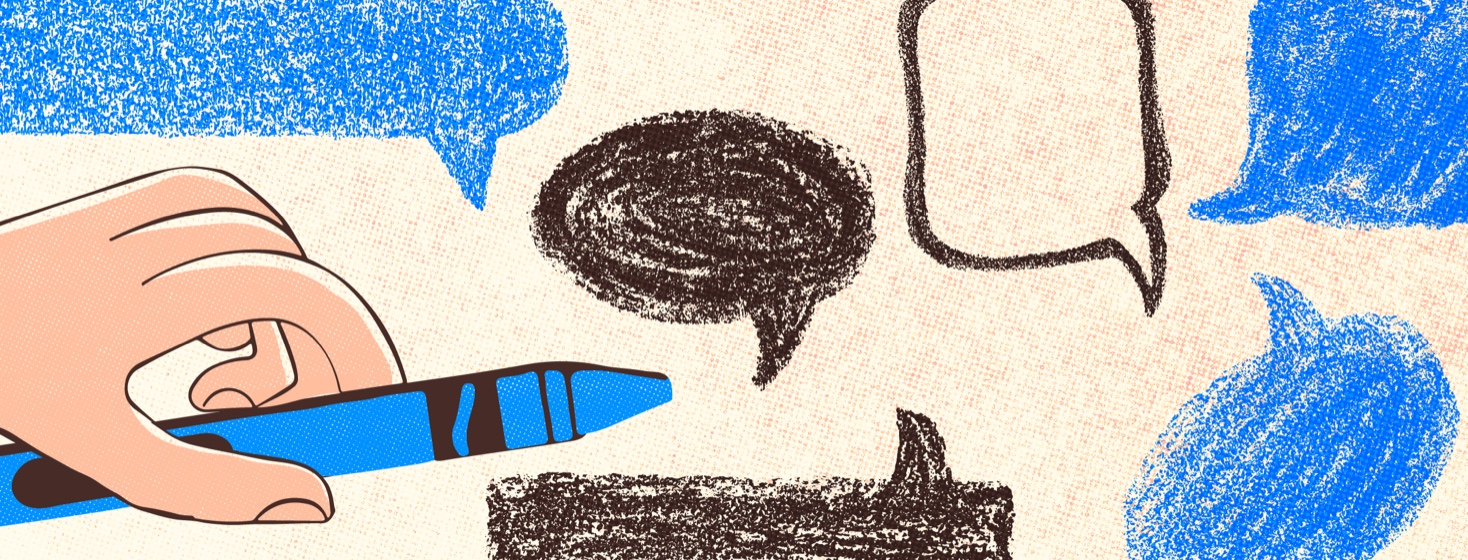Podcasting, Coping Tools, and Telling Your Children and Family You Have Cancer
Podcasting has become a therapeutic outlet for me on my cancer healing journey. Talking to my friend and co-host Karlee along with guests that we have on the show allows me to process my feelings while gaining insight on a lot of topics related to cancer all while connecting with a wider audience.
Podcasting through cancer
We started our Mommy Had a Little Cancer podcast back in November 2019 after months of trying to ‘get it right’. Finally, we decided that life is too short to try and be perfect so we published our first episode as novices. I’m learning as a go along but I love how I can do a deep dive into a topic or just chat away about random things.
In one of our recent episodes, we had an amazing discussion with my cousin, best friend, and godmother to my daughter, Jenny D. Brice, MFT, MPH who also happens to be a family psychotherapist and public health specialist. We talked about coping with cancer and how to have the conversation with friends, family, and especially children.
A recap of our conversation
While you can listen to our entire conversation on the podcast episode, here are some gems from our conversation:
Should parents tell their small children about their diagnosis?
Jenny: Parents do the equivalent of gaslighting kids quite often and they do it with the intention of protecting them and we basically invalidate their felt sense of things. They know things aren’t right, they know it’s not just a germ. Their whole life flips upside down and the expectation is that we’re trying to keep them in this bubble.
And so a lot of the conversation we had was ‘yes, using the cancer word’. So yes please, don’t leave the kids hanging. Imagine hearing it from a teacher that says something, it’s such a betrayal and you don’t want that. It’s going to come out. They’ve been hearing it here and there and kids have big ears. Sometimes when the kids stay silent, it can be enticing to be like ‘ok they’re not saying anything so they must be ok’, but really, the onus is on the parents to open up the conversation and make space for those conversations and just initiate it so the kids know it’s ok to talk about it, that it’s not taboo and that it’s welcomed and that they can talk about feelings and validate it.
When people try to exclude kids from the cancer journey you’re excluding them from part of the family or an element of the family dynamic and they can feel that. They don’t need to be involved in every lab test but if there’s a major change then yes (they should be aware).
How do you manage the feelings of others?
Jenny: You can’t avoid the rollercoaster of emotions that come with this [cancer diagnosis]. You can’t protect your kids from their emotions but you can support them in coping. You can’t protect your partner.
People are going to feel what they’re going to feel. They’re going to feel grief, anger, resentment, all of those things. And so really staying away from trying to protect people from their emotions. If you find yourself saying ‘but I don’t want so and so to feel like...’ you already know you’re headed down the wrong direction. There’s nothing you can do about that.
What are recommendations to navigate cancer as a family?
Jenny: There’s a cancer diagnosis in the family. The family is coping with it so resources, resources, resources. Even if you don’t think you’ll need it, try to find a social worker. Therapy is excellent. Couple’s therapy is really great especially when it comes to your partner. There is such a sense of loss and helplessness that the individual may not be able to articulate because they don’t want to burden you. And there are so many mixed emotions with that.
I highly recommend therapy and highly recommend creating some space to connect outside talking about cancer. So just creating a pocket of time just to see each other again because the cancer becomes another family member, like a baby, and demands all the attention.
Sometimes kids become symptomatic with their own thing in order to feel more aligned with the mom or to gain attention. So creating some space just to be people is really important whether it’s game night or whatever you have the energy for.
Listen to the entire episode, "Coping Tools and How To Tell Your Children and Family You Have Cancer", on Mommy Had a Little Cancer.
Editor’s Note: We are extremely saddened to say that on May 26, 2021, Angie Brice Hessbruegge passed away. Angie's thoughtful writings and advocacy efforts will continue to reach many. She will be deeply missed.

Join the conversation